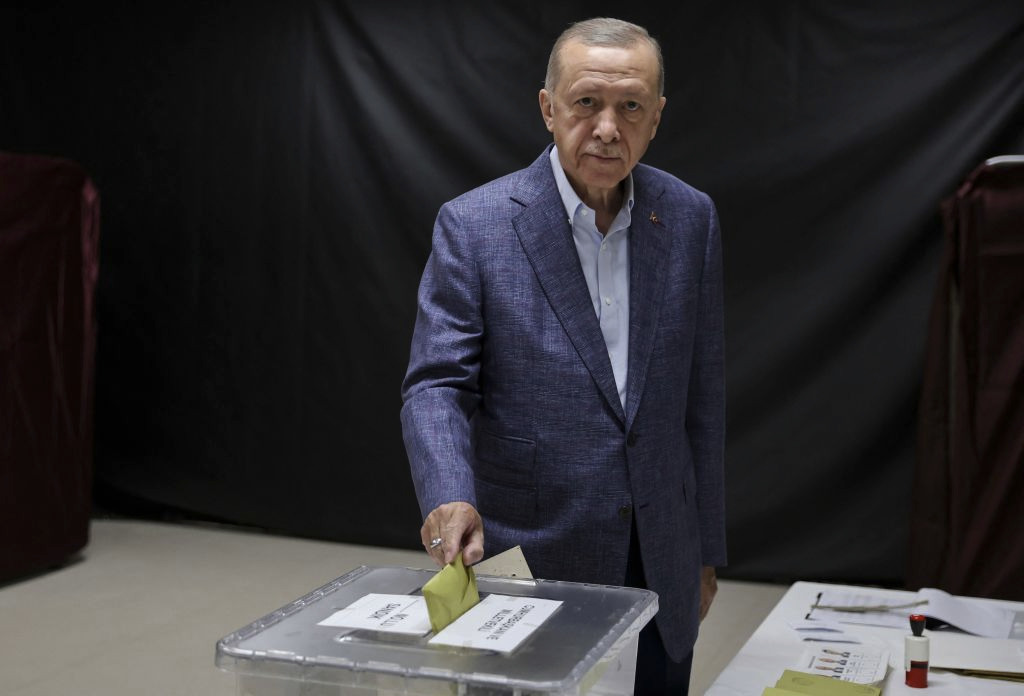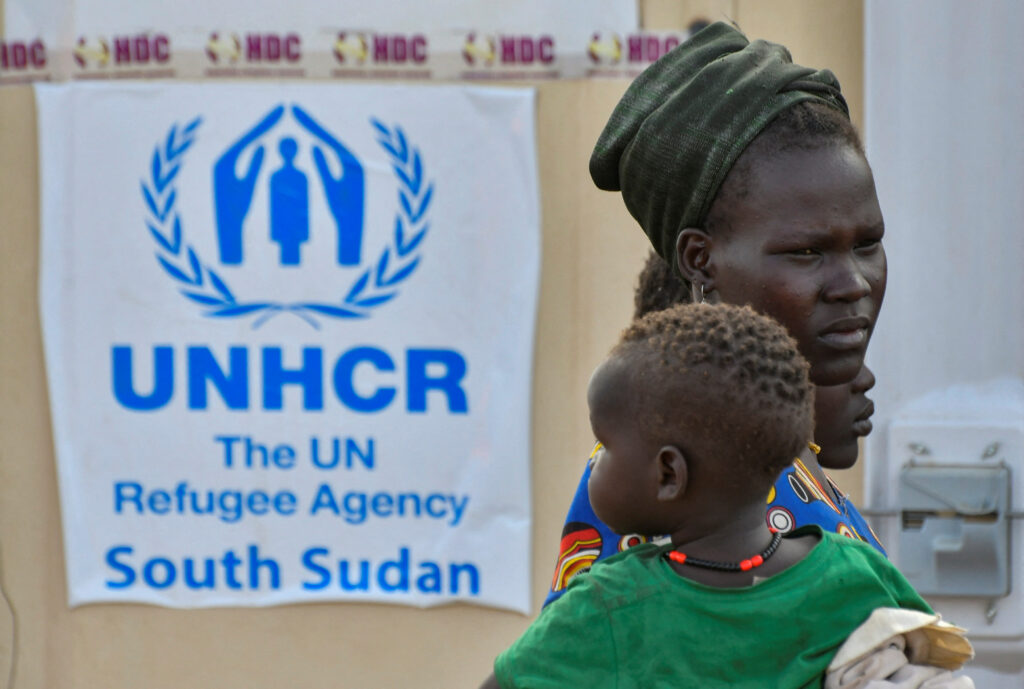Security and Stabilization in Africa: The Sahel

When
May 30, 2023
1:00 pm – 2:30 pm
Where
Zoom Webinar

When
May 30, 2023
1:00 pm – 2:30 pm
Where
Zoom Webinar

On entend de plus en plus de voix occidentales suggérer que des pourparlers de paix dans l’ancienne Ukraine pourraient être une bonne idée, ce qui indique que certaines personnes ont peut-être dépassé le stade du déni (quelques sanctions et la Russie se repliera comme un parapluie) et de la colère (jetez tout votre argent et toutes vos armes sur le régime de Kiev !) et approchent le stade du marchandage (laissons la Russie garder la Crimée, mais rendre le reste). Comme pour les étapes précédentes, cette attitude repose sur une incompréhension très profonde de la situation actuelle. Ce n’est pas si difficile à expliquer – à ceux qui sont prêts à traiter de nouvelles informations – et je vais donc essayer.

Dans la première partie, nous proposions d’envisager le conflit entre la Russie et l’Ukraine, dans la perspective historique élargie d’une guerre de 100 ans opposant, depuis 1917, la Russie et l’occident. Nous suggérions aussi que le conflit idéologique entre propriété privée et collective des moyens de production ne s’était pas éteint, mais transformé en une opposition entre économie libre-échangiste complètement dégagée de toute intervention étatique, et les économies russe ou chinoise, laissant une large part à la planification par l’État.
A report has revealed that the British Special Air Service and the European country’s other special forces have carried out operations clandestinely in Nigeria and 18 other nations for the past 12 years.
This was corroborated by an incident in 2012 when a group of SBS commandos attempted and failed to rescue a Briton and an Italian held by an Islamist group in Nigeria.

There will be a second round for the presidential vote on May 28, but an opposition victory seems unlikely.
Turkey is a country where average schooling is 6.5 years. In other words, the average person is a 7th grade drop-out. Ninety-five percent of Turkish citizens have never travelled abroad.
The US and other donors should avoid bailing out the country in ways that bolster Abiy’s personal political agenda.
For decades, Ethiopians were accustomed to their politics moving at a glacial pace, punctuated by rare but decisive regime turnover. Citizens didn’t know what their rulers were up to, but they were confident conspiracies hatched in the palace and party headquarters would be executed efficiently.

The truth is that no one was doing the basics of multilateral diplomacy to prevent the bloody power struggle we’re witnessing today.
Sudan is tearing itself apart, and Washington is watching, seemingly unable to do anything to stop the carnage. America’s diplomats lament that the U.S. has lost leverage. The truth is that no one is doing the basics of multilateral diplomacy — coordinating disparate actors.

Given the number of potential spoilers and intruders, the US and other peace brokers urgently need to bring in the United Nations.
Sudan’s war is on the brink of igniting a regional ring of fire. That can be prevented — but it needs the United Nations to play its role.
Countries in West Africa need to collaborate to stem the tide of weapons flowing through Niger.
Arms and ammunition seizures by security forces in Niger’s Agadez and Tahoua regions between January 2021 and February 2022 helped dismantle trafficking networks in the country. This is positive, but what do the seizures say about the extent of the problem? Is arms trafficking from Libya to countries in the south on the rise again?
For a decade, gold exploitation, legal or illegal and official or informal, has known a speedy expansion throughout the Sahel. Its actors are numerous and range from Canadian and Russian multinationals to small informal local operators. Financial incomes and especially jobs creations, even dangerous ones, are considerable for all: private companies, governments and small operators as well as their equipment suppliers often from Middle East. More than other industrial activities, gold mining in the Sahel has a confirmed impact on the health of workers and on the environment. This is especially true of its informal activities. The wells, dug to reach the ore as well as the use of mercury to separate gold from the rock, are mortal and lasting dangers for all: people and nature. For many observers this informal gold exploitation has obvious links with radical groups. Faced with multiple international controls on financial transfers, they therefore have found sources of a local, sustainable and unrestrained funding. Thus, destabilizing the formal local gold exploitation gives them more space and freedom to access local sources of revenues far from the many national and international controls or surveillances of money transfer. The recent murderous evasion of four terrorists from Nouakchott main civilian prison, already a privilege, is a latest power demonstration of these groups various and powerful networks in the Sahel. The paper below, on gold mining in Burkina Faso, shows the importance of this mineral precious but not only for governments and private companies. – Ahmedou Ould Abdallah, President, centre4s.org